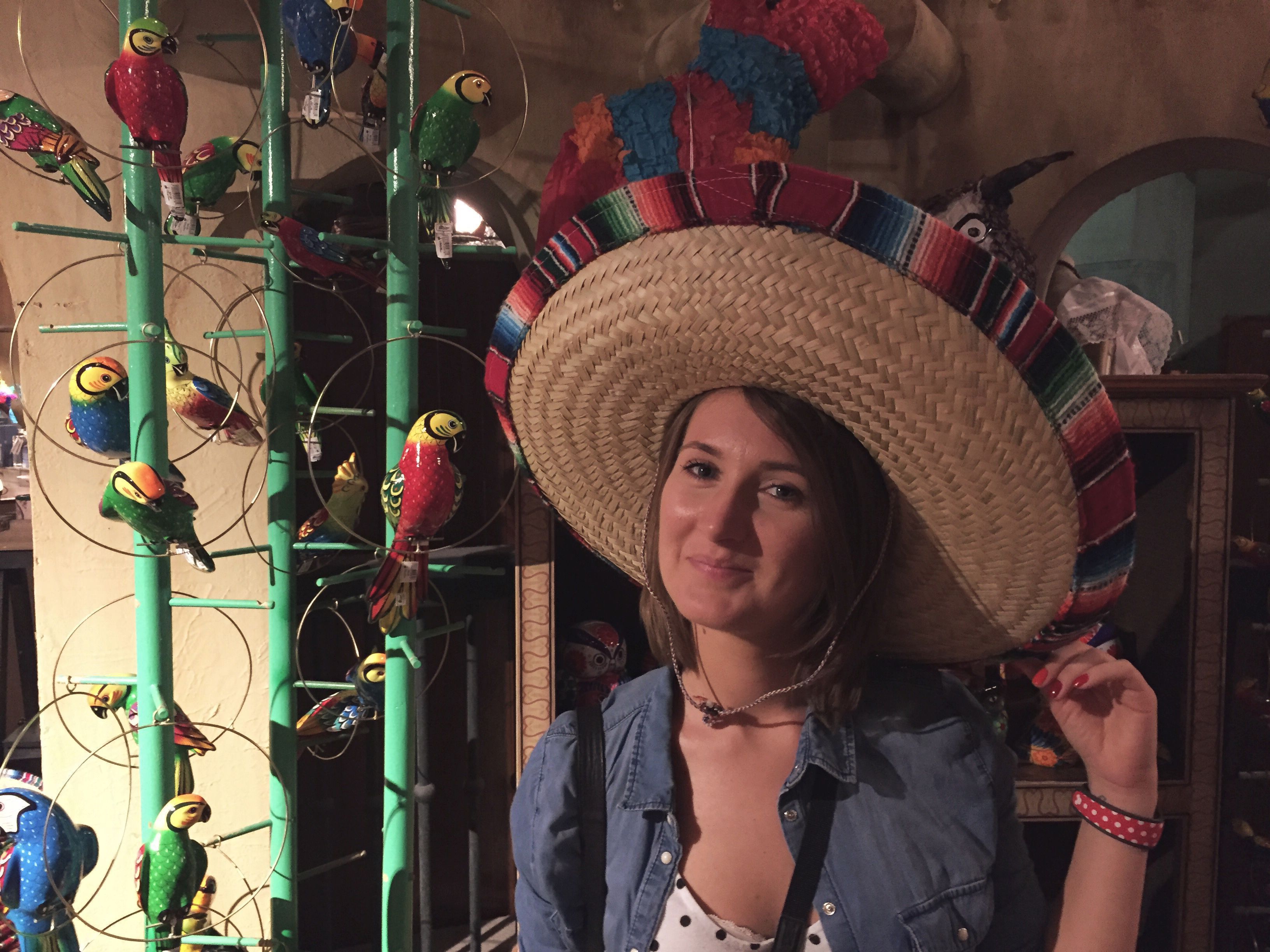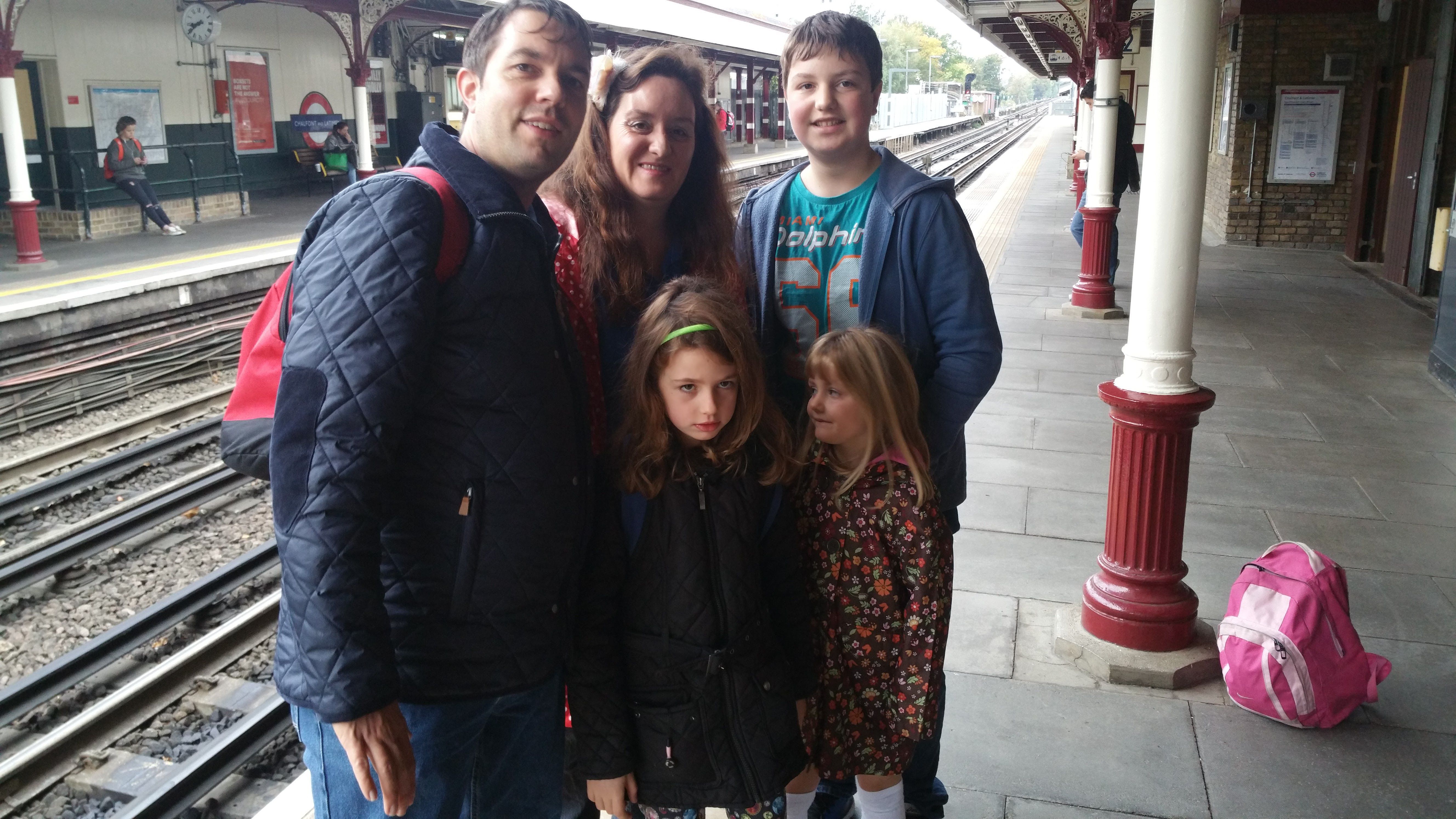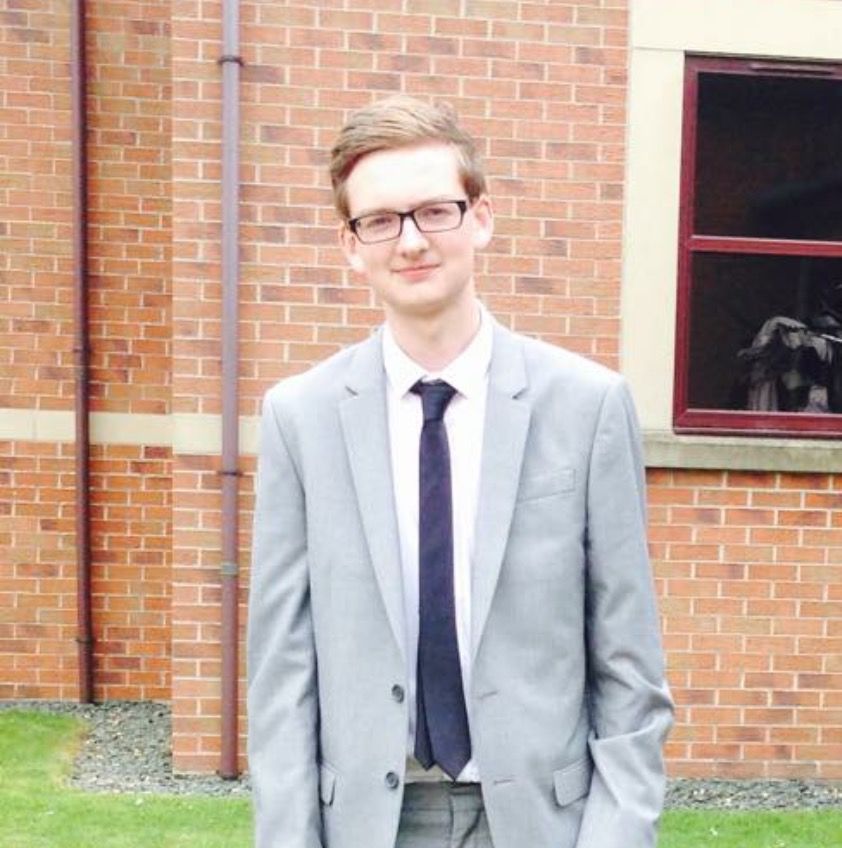Is it possible to forget your native language?
I recently came back from a week long vacation in my home country, Romania. While there, I noticed something very interesting that I’m sure you’ll find as fascinating as I did.
I’ve been living in London for more than two years now and on a daily basis I only speak English. Well, I am currently learning my boyfriend’s language, Spanish, but that’s not really relevant for now. I do text and chat to my Romanian friends and my parents, and we sometimes speak on the phone, but 90% of the time I speak and think in English. Except when I have to count something in my head, that’s still Romanian – happens to you too?
 So anyway, when I went back I obviously sat and talked and went out with friends and family, and so I noticed that in longer conversation I was having trouble using complex words and expressions and that I was often translating my thoughts from English to Romanian. In that way, I found myself asking in a café if I can have some brown sugar – but in Romanian the expression is actually ‘can you give me some brown sugar’, so I got some weird looks and then realised how silly it sounded.
So anyway, when I went back I obviously sat and talked and went out with friends and family, and so I noticed that in longer conversation I was having trouble using complex words and expressions and that I was often translating my thoughts from English to Romanian. In that way, I found myself asking in a café if I can have some brown sugar – but in Romanian the expression is actually ‘can you give me some brown sugar’, so I got some weird looks and then realised how silly it sounded.
The way I see it is that the brain seems to keep the information and skills that you use on a daily basis ‘at the surface’ and puts the rest in a back drawer. So the longer the time is that you do not think about something, the further back it goes. And so we forget the surnames of the people we went to school with and whose names we were able to say alphabetically by heart at the time, we forget about that awful blind date we went on a few years ago, we forget what a certain place that we used to see every day looks like.
Now I understand a bit better why daily practice makes such a difference when learning something new, be it a language, a software program or playing a new instrument. Keeping the knowledge fresh in your brain allows easier access to it and so you’ll find it extremely handy when faced with the opportunity of using it.
If you are determined to learn a new language, even just 15-20 minutes a day can make a huge difference, especially if you’ve found a fun way to learn. Our uTalk app helps you practise your new language, it’s fun and it trains your memory to remember what it learned. And it has 128 languages to choose from!
Do you find you’re forgetting your native language? I hope I’m not the only one!
Ioana







